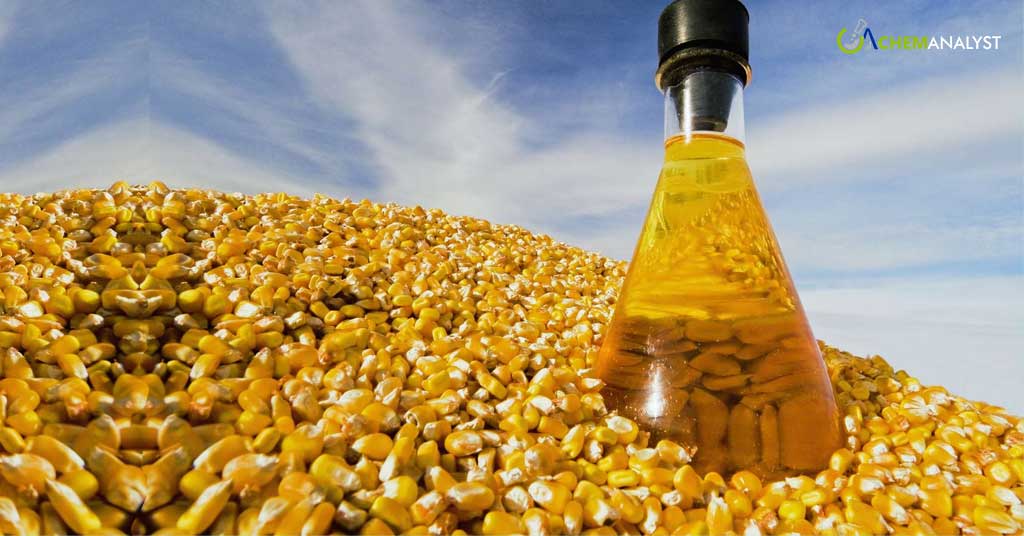Welcome To ChemAnalyst

Hamburg-based energy company, Mabanaft, has achieved a significant milestone in its pursuit of sustainable energy solutions, securing grant approval from the German Projektträger Jülich for the potential establishment of a groundbreaking methanol plant in Port Augusta, South Australia. In collaboration with Australian renewable energy firm Vast, Mabanaft is set to embark on the construction of a state-of-the-art solar methanol plant, designed with a capacity of approximately 7,500 tonnes per year and featuring a 10 MW electrolyzer.
The proposed demonstration plant is expected to commence operations at the outset of 2027, marking a pivotal step toward the realization of environmentally friendly methanol production on a substantial scale.
Germany has thrown its support behind the initiative, granting public funding of approximately €12.4 million through Projektträger Jülich. Simultaneously, the Australian government, represented by the Australian Renewable Energy Agency, has committed financial backing amounting to roughly €11.9 million. This commitment follows the project's inclusion in the German-Australian Hydrogen Innovation and Technology Incubator, known as HyGATE. HyGATE, a collaborative effort between the two nations, aims to establish a robust German-Australian supply chain for green hydrogen and foster cooperation in the field of hydrogen technologies. Importantly, this initiative aligns with Germany's National Hydrogen Strategy, allowing for the import of sustainable energy sources and the export of climate protection technologies, showcasing the nation's prowess in these critical areas.
For Mabanaft, the planned demonstration plant represents more than a singular project; it serves as a platform to enhance expertise for the potential construction of similar plants on a commercial scale globally. The overarching goal is to meet the rising demand for green methanol from existing and future customers, thereby aligning with the collective commitment to decarbonization.
Philipp Kroepels, Director of New Energy at Mabanaft, underscored the importance of the funding agreement by expressing that with access to green methanol, their array of sustainable energy solutions for customers would continue expanding. He noted that the funding agreement signifies a critical acknowledgment and validation of their decarbonization endeavors, potentially making a robust contribution to reinforcing Germany's leading position in the global energy transition.
As Mabanaft and Vast forge ahead with this innovative venture, the planned methanol plant stands as a testament to the potential of collaborative efforts between nations, bridging technological advancements and sustainable energy solutions to drive the global transition towards a more environmentally conscious future. The project not only holds promise for the regions directly involved but also contributes to the broader international movement towards a greener and more sustainable energy landscape.
We use cookies to deliver the best possible experience on our website. To learn more, visit our Privacy Policy. By continuing to use this site or by closing this box, you consent to our use of cookies. More info.
